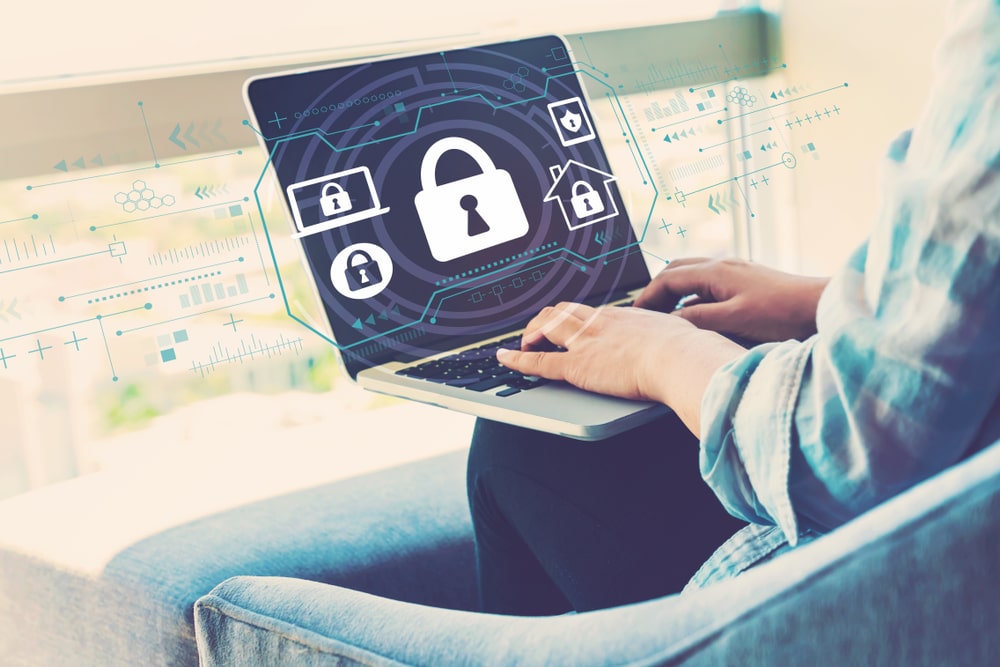
Dinner party conversations these days often include a discussion about a friend or family member who has been the victim of fraud and/or identity theft, or about an elaborate ruse they read about in the news. You have also probably received a letter from a company, medical provider, or credit card company informing you that their network has been breached and your personal information may have been inadvertently shared with bad actors. The Securities & Exchange Commission recently issued an Investor Alert warning people how artificial intelligence can be used to separate you from your money.
We think prevention is the best way to combat fraud and identity theft, so we put together a few actions you can take now to protect yourself:
- Freeze Your Credit Record – To protect your credit history and protect against identity theft, freezing your credit record is a proactive step to safeguard your financial information. If you freeze your credit, no one will be able to open a new line of credit using your social security number and it eliminates the need for credit monitoring services. Placing a credit freeze will impact your ability to open new lines of credit; however, it is relatively easy to unfreeze your credit permanently and even for a specified period (i.e., 24 hours to allow a credit card company to check your credit history).
- Annual Credit Check – Set a reminder to order a free credit report annually to check your credit history. Take the time to review the report for any suspicious activity and close any credit lines you no longer need. The Federal Trade Commission requires each of the three credit agencies to give you a free credit report once per year (see details here). You can request a free credit report here.
- Unique Passwords – Use unique and complex passwords for all financial accounts. To remember all those unique passwords, consider utilizing a password manager to store all your passwords in one place. You can use a master password or Face ID to access the password manager. Keep your username and master password somewhere safe (i.e., in a safe!), in case you forget it. Here is CNET’s list of best password managers for 2024.
- Secure Networks – To protect your financial information, never access a financial website using an unsecured or public wireless network (i.e., airport, hotel, coffee shop). Unsecured networks are vulnerable to hackers being able to steal your personal information or install malicious software on your device without your knowledge.
- Two-Factor Authentication – Use two-factor authentication (i.e., authenticate your identity using two distinct methods) when accessing financial accounts. This is an effective way to deter hackers since they will need not only your password but also access to a one-time code generated by an authenticator app on your phone or computer.
- Keep Personal Information Personal – Never send personal or financial information (social security or passport numbers or account numbers) via email, and never share personal or financial information with anyone whose identity you can’t confirm. For example, the IRS will never contact you by email, text, or social media and will rarely call without first sending you postal mail regarding a delinquent payment. If an email looks suspicious, scrutinize the sender’s email address, as it is often a clue to the fact that it is a phishing email. Block and delete immediately.
- Update Software Regularly – Update the software on your electronic devices regularly to ensure access to security fixes and stymie hackers looking for vulnerabilities.
- Always Confirm Identities and Information – If someone sends you wire instructions via email, take the extra step to call and confirm the instructions verbally. If someone calls identifying themselves as a family member or financial institution requesting money and/or personal information, take the time to call them back at a verifiable phone number. Consider a family code word as additional verification.
The Federal Trade Commission is a good resource for more information and you can sign up emails from the AARP Fraud Watch Network to keep informed about the latest fraud schemes. And remember, it is no longer true that “cash is king.” If someone tells you that you need to give them a large amount of cash for ANY reason, think twice before withdrawing that cash from the bank!
Caution and informed decisions are our greatest allies in preserving financial security and personal well-being. To create a more secure online community, we each need to tighten our online identities, so we invite you to share these tips with family and friends as we collectively build a safer digital landscape for all.